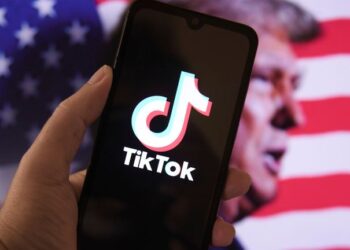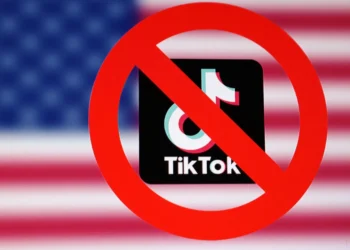About eight TikTok users have taken the U.S. federal government to task, alleging that a statute by President Joe Biden encroaches upon their sacrosanct First Amendment liberties.
This marks the second legal challenge against the government in response to apprehensions surrounding TikTok’s Beijing-centric corporate parentage.
The lawsuit claims the law is too broad and would kill off a big part of American life, which is communication through TikTok. The users suing the government come from different backgrounds, like a Texas rancher and a Tennessee cookie business owner, according to reports by Forbes.
This legal battle comes after ByteDance, TikTok’s parent company in China, filed its lawsuit, saying the law might violate free speech. ByteDance also says the time given to sell TikTok is impossible to meet.
The lawsuit highlights just how big TikTok is in the U.S., with about 170 million Americans using it to watch and share videos.
One important quote from the lawsuit shows that despite their differences, TikTok users feel strongly about the app: “Although they come from different places, professions, walks of life, and political persuasions, (American TikTok users) are united in their view that TikTok provides them a unique and irreplaceable means to express themselves and form community.”
Backstory
The legal battle started when President Biden signed a law saying TikTok had to find a new owner or get banned. This was part of a big money package to help countries like Ukraine, Israel, and Taiwan.
The law gave TikTok 270 days to sell, with a chance for an extra 90 days if they made progress. TikTok says it’s not possible to sell the app in that short time, and they think the law is too harsh.
Before the law was passed, TikTok fans went to Washington D.C., to try and save the app. They used hashtags like “#KeepTikTok” and contacted politicians to support them. Lawmakers had been worried about TikTok for a while because they thought it could be a security risk and that ByteDance might be sharing user data with China. TikTok says it’s not doing that.
In 2022, Congress banned TikTok on federal devices, and some states did the same. Montana even tried to ban TikTok statewide, but the courts stopped it, saying it was unfair and targeted China.
As the legal battle heats up, it shows how much is at stake for TikTok and its users – it’s not just about an app, but about free speech, privacy, and international relations.





















